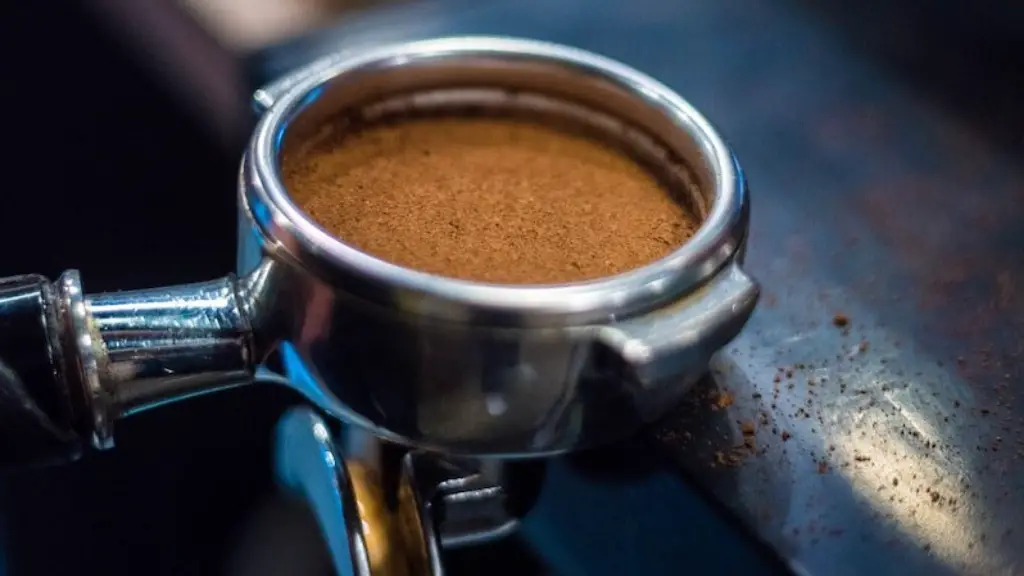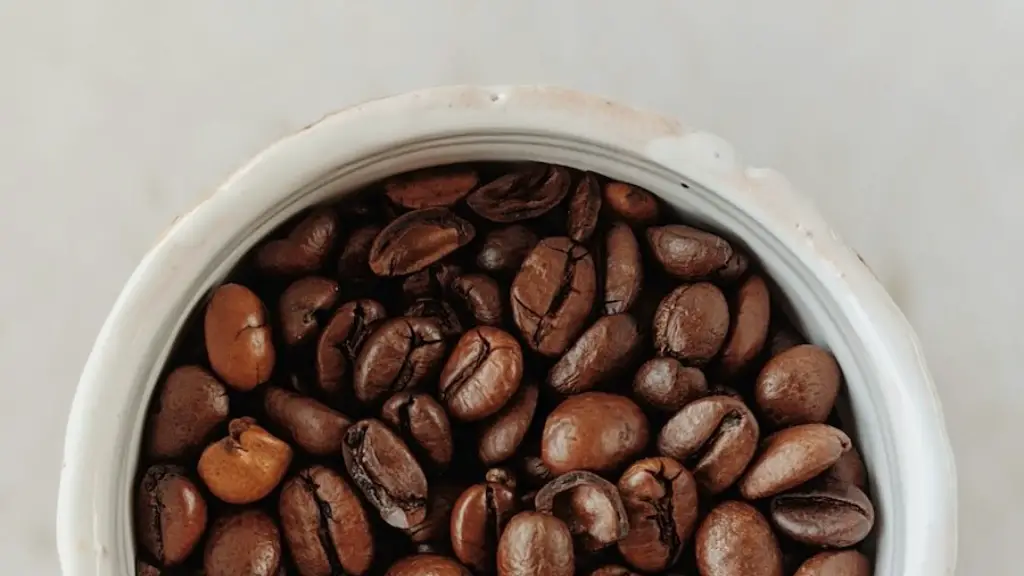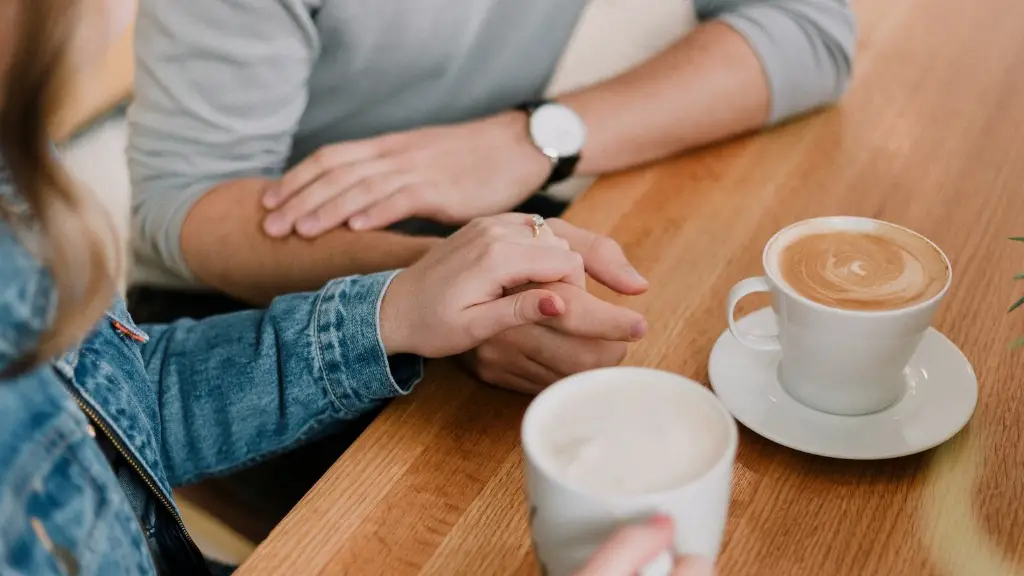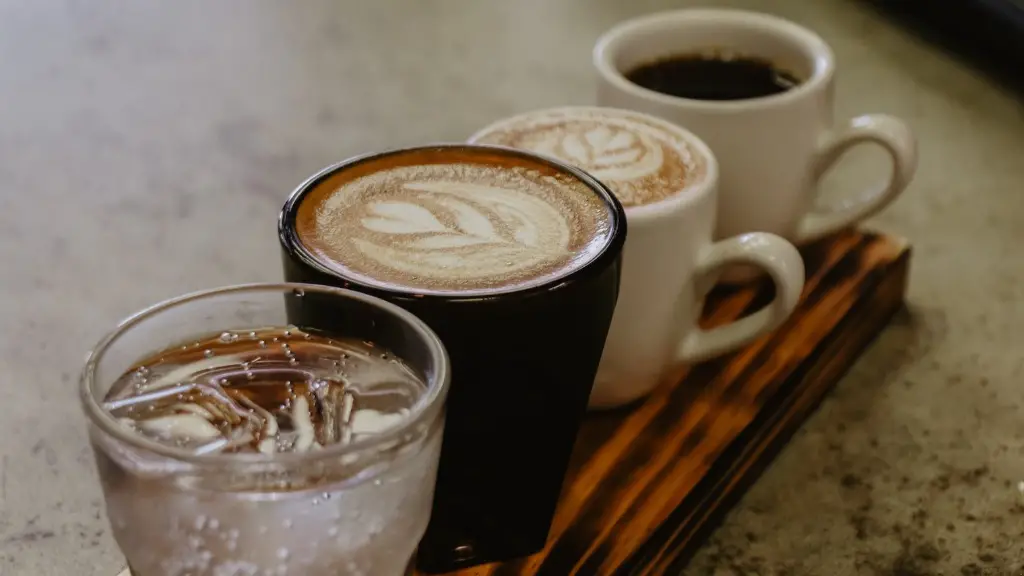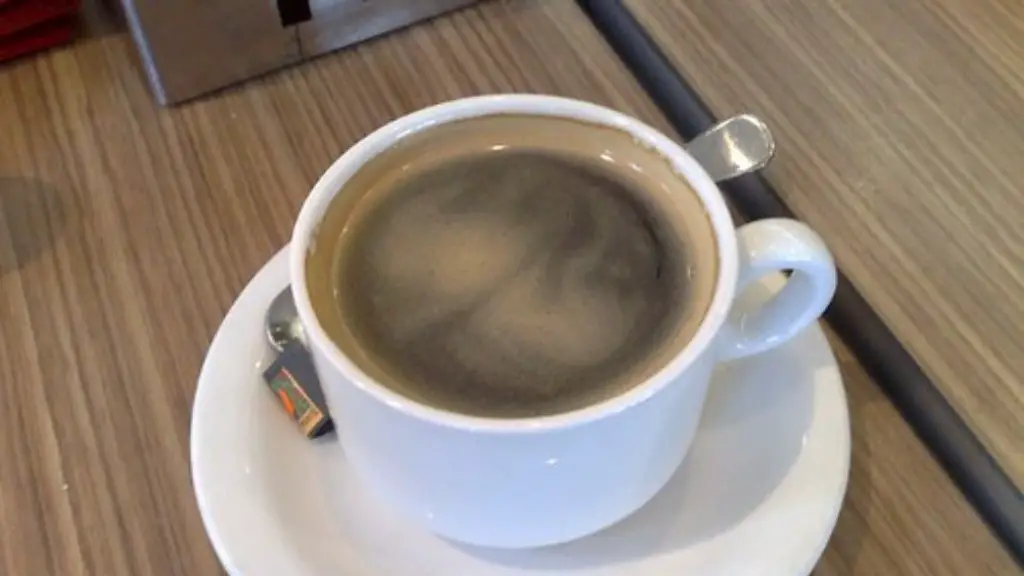While both coffee and espresso come from the coffee bean, they are not the same. Espresso beans are a type of coffee bean that is roasted longer, giving it a darker color. The darker roast also gives espresso its distinctive flavor.
The term “espresso beans” refers to coffee beans that are roasted and ground specifically for brewing espresso. These beans are typically darker in color and have a stronger flavor than coffee beans that are roasted for other brewing methods. While all espresso beans are coffee beans, not all coffee beans are espresso beans.
Are espresso beans the same as coffee beans?
Espresso beans are roasted for a long time at high temperatures to facilitate the extraction of oils in the beans. This makes the flavor of espresso bolder, richer and more concentrated. Coffee beans refer to any bean that is roasted and readied for brewing.
If you only have espresso beans at home, don’t worry! You can still make a delicious cup of drip or pour-over coffee. Espresso beans are just regular coffee beans that are roasted for a longer period of time, so they have a darker color.
Is espresso coffee the same as coffee
Espresso is made with a finer grind of coffee beans and brewed with pressure, resulting in a thicker, more concentrated drink. Because of the higher grounds to water ratio, espresso is also more intense in flavor than regular coffee.
You can use regular pre-ground coffee for an espresso machine, as long as it has a fine grind. Many coffee drinkers prefer dark roasted coffee for its stronger flavor.
How many coffee beans equal an espresso?
The coffee industry standard for a single shot of espresso is seven grams of beans per cup. This means that for a shot of espresso, you should use about 56 roasted coffee beans (green beans weigh much more than roasted coffee beans).
Espresso coffee beans are just regular coffee beans that have been either roasted to an espresso roast, usually roasted hotter and longer – a dark roast. You can definitely eat them, and many people do! Some say that the dark roast gives the beans a more bitter taste, but others find them to be just as delicious as regular coffee beans.
Does Starbucks use espresso beans?
Starbucks is known for their branded ground espresso roast coffee. Not only do they use it in their caffe latte but also their cappuccino, americano, and mocha. You can buy it online or in-store. If you request it at purchase, they will even grind the beans for you. This coffee is rich and full-flavored, making it a favorite among coffee lovers.
There are many variations on the espresso martini cocktail, but the most common garnish is three espresso beans floating on top. This tradition is said to represent health, wealth and happiness.
Is espresso stronger than coffee
Espresso has more caffeine than regular coffee, ounce for ounce. According to Department of Agriculture nutrition data, espresso typically has 63 mg of caffeine in 1 ounce (the amount in one shot), while regular coffee has 12 to 16 mg of caffeine in every ounce, on average. That means that, if you’re looking for a caffeine boost, espresso is the way to go.
It’s true that you’ll consume more caffeine if you drink an entire cup of brewed coffee, as opposed to just a shot of espresso. However, many people choose espresso because they need an immediate energy boost and can’t wait for the coffee to brew. So, if you’re looking for a quick fix, espresso is the way to go.
Is espresso a technically coffee?
This is an important distinction to make because it explains how two very different types of coffee can come from the same bean. The key difference between the two is how they’re brewed. Espresso is made using a machine that forces very hot water through tightly packed, finely ground coffee beans, resulting in a small amount of very concentrated coffee. Coffee, on the other hand, is brewed using hot water that’s allowed to drip slowly through a coarser grind of coffee beans, resulting in a larger amount of coffee that’s less concentrated.
Espresso is known for being easier on the stomach for a couple of reasons. First, the combination of high pressure and short extraction time produces a different balance of chemical compounds than the same coffee would in a drip or pour over brew. Second, the coffee grinds for espresso are much finer, which allows for a more complete extraction of coffee oils and flavors. This increased level of extraction also helps to balance the coffee’s acidity, making it gentler on the stomach.
What kind of coffee beans for espresso
If you’re looking to brew up a delicious cup of espresso, then you’ll want to use Arabica beans. This type of coffee bean produces a rich, full-flavored espresso that is sure to please. However, if you’re looking for a bit more crema in your espresso, then you can add in 10-40% Robusta beans to the blend. This will give your espresso a nice creamy head that is sure to be a hit with all espresso lovers.
There is no difference between espresso and coffee beans. When specialty roasters write “espresso blend” or “drip blend,” it’s just the brew method roaster’s believe will make the flavor profile really shine. Coffee is a matter of personal taste and preference—you do you and make coffee the way you love.
What happens if you make espresso with regular coffee?
If you’re looking for a perfect shot of espresso, it’s best to use beans that are specifically designed for that purpose. Using regular beans may not produce the kind of brew you expect, no matter how good they are. Some varieties are too light, others may be too charred or dark.
Espresso and coffee are two brewing methods that many people think are two distinct beverages. However, they are actually just different brewing methods. Both types of drinks have similar benefits, although light- to medium-roasted coffee has a slight edge over espresso for supporting heart health, cognitive health, metabolic health, and more.
Conclusion
Yes, espresso beans are coffee beans.
Yes, espresso beans are coffee beans. Espresso beans are a type of coffee bean that is roasted a bit longer than other types of coffee beans. This results in a stronger flavor.
